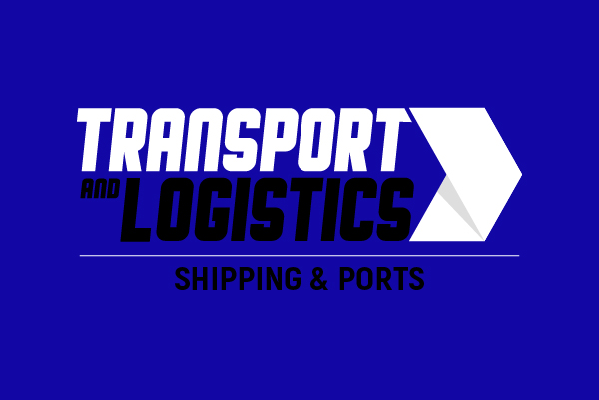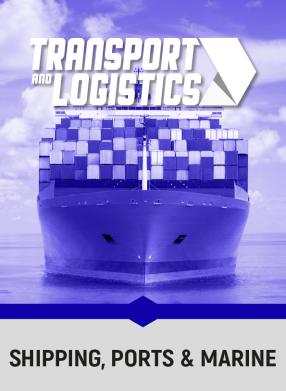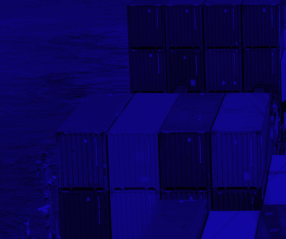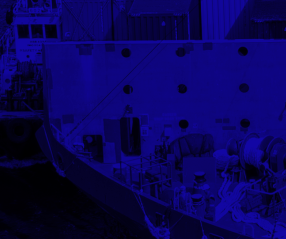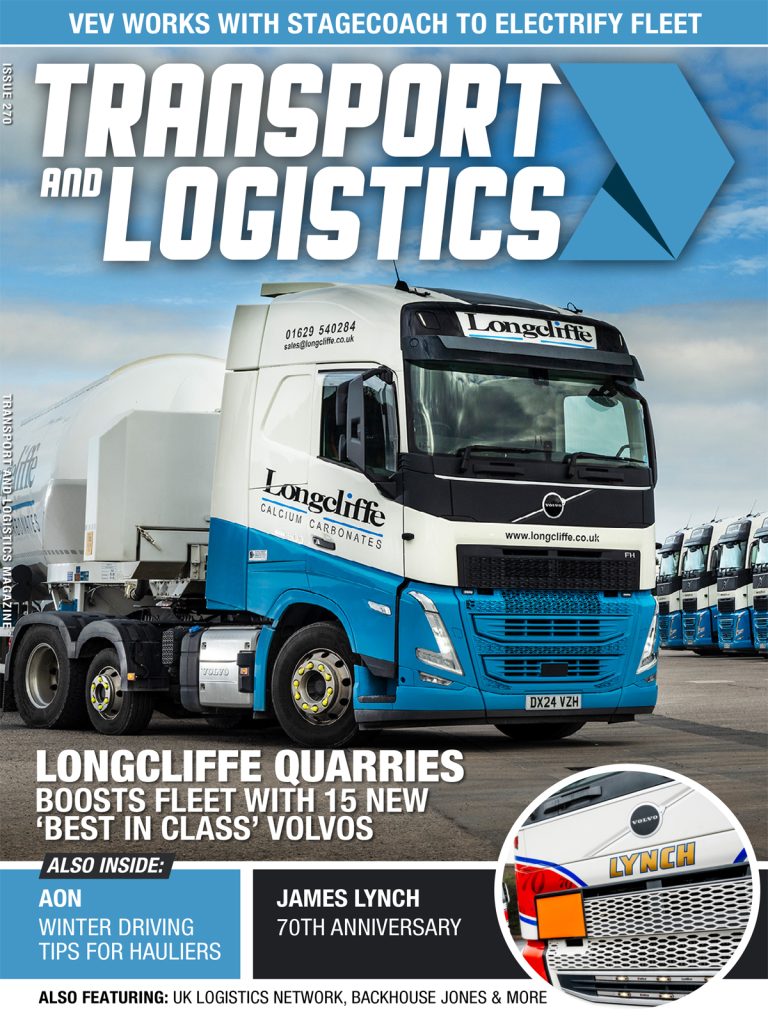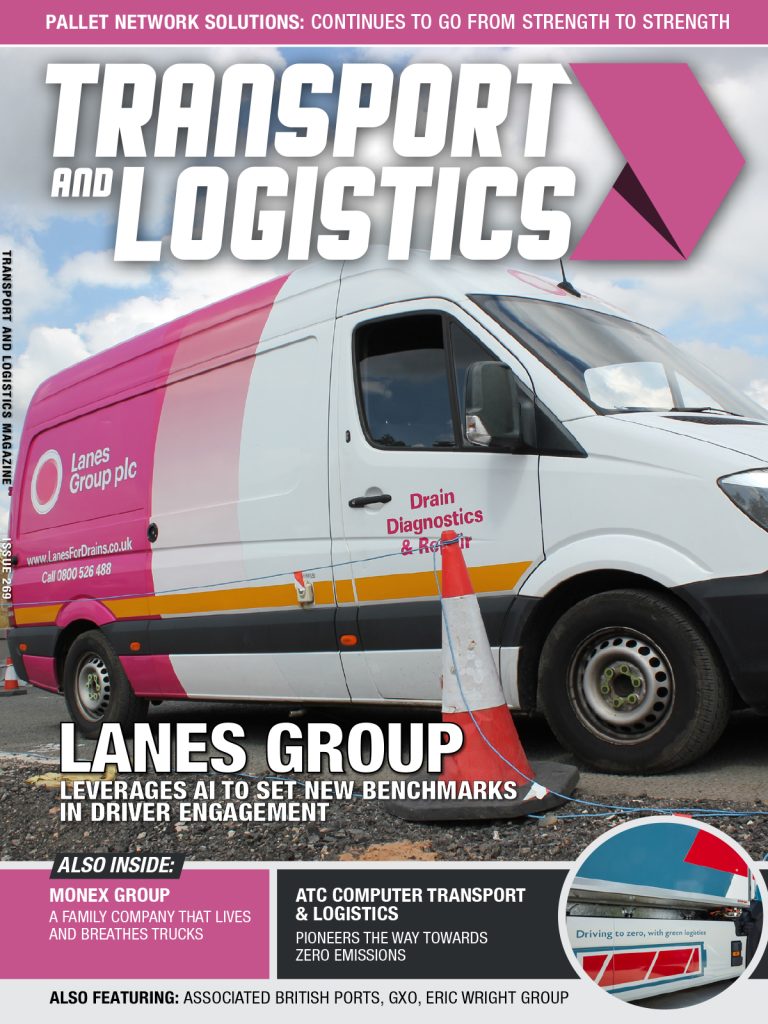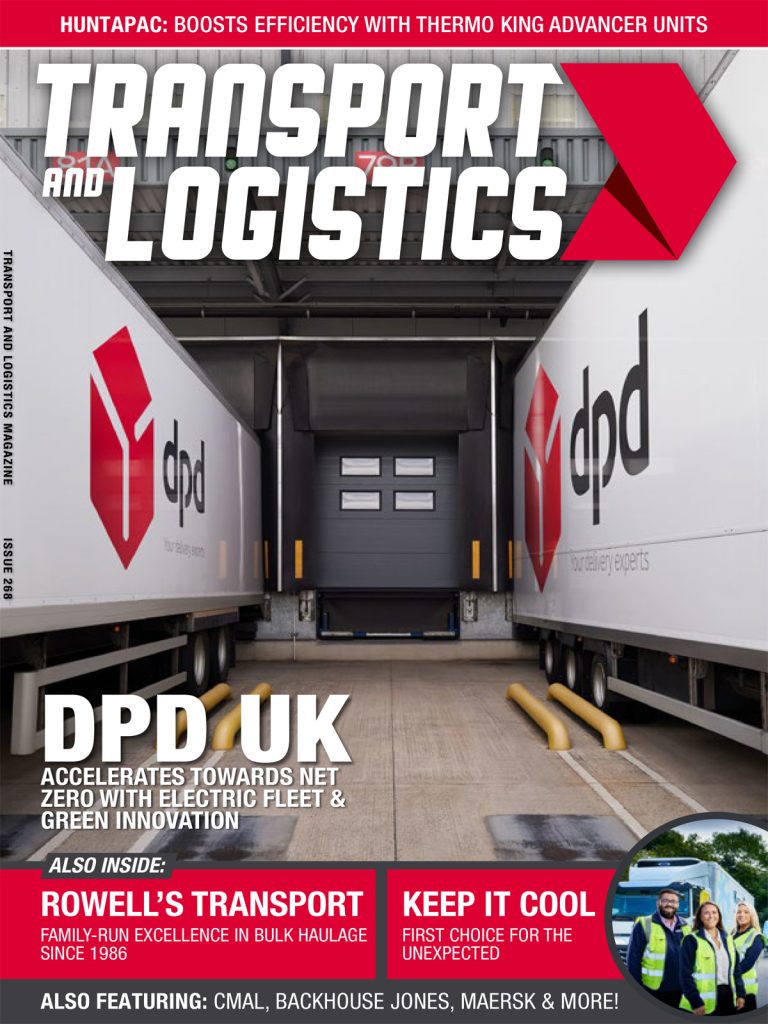Liverpool2 On Schedule For 2015 As Steel Piles Go In To River Mersey
Landmark container terminal will give direct deep sea route to most central port in UK
Construction has entered a new phase at one of the UK’s most important infrastructure projects as steel piling gets underway in the River Mersey for Liverpool2 – the Port of Liverpool’s landmark deep water container terminal.
Specialist rock drilling equipment will provide sockets for 329 tubular steel piles weighing in at 47 tonnes each. The piles will effectively provide the backbone for the new in-river terminal and facilitate a whole new generation of shipping for Liverpool, once the UK’s largest port outside of London.
Altogether in excess of 19,000 tonnes of steelwork will be needed to create the new 854 metre-long quay wall, followed by 30,000 cubic metres of concrete to build the capping beam. At almost 30m high this is one of the highest quay walls in Europe.
The £300m container terminal is widely viewed as having the potential to transform UK logistics. Historically the Port of Liverpool has been restricted by its lock system to vessels of no more than 4,500 TEU. This means that over the years, as container ships have got bigger, Liverpool has lost volumes to southern container ports like Southampton and Felixstowe which have the capability to handle larger vessels. Liverpool2 will change this dynamic.
The completed quay wall will allow two vessels of up to 13,500 TEU – at this size they number some of the largest in the world – to dock simultaneously when the terminal opens for business in 2015.
Mark Whitworth, CEO of the Peel Ports Group which owns the Port of Liverpool said: “Our investment in Liverpool2 will enable deep sea vessels to call directly at the most centrally positioned port in the UK, allowing shippers to access a market of over 35 million consumers within 150 miles. “What is genuinely exciting is the Port of Liverpool’s unique logistics proposition which capitalises on its natural geographic advantage. Liverpool offers an all-water route into the UK’s most populous urban area via a frequent feeder service on the Manchester Ship Canal.
“An importer can move their product from anywhere in the world to the heart of the UK – within a stones’ throw of Manchester – without touching an inch of UK road tarmac. That is very appealing to many businesses both for its carbon and its cost-saving advantages.”
The Port of Liverpool also serves Northern Ireland and the Republic of Ireland with daily scheduled services to Belfast and Dublin.
UK Chancellor, George Osborne, who visited the Port of Liverpool earlier this year said that Peel Ports’ investment in Liverpool2 was ‘important to the UK as a whole’, saying that Peel Ports’ investment indicated that ‘this country is open for business, and ready to compete in the global race’.


